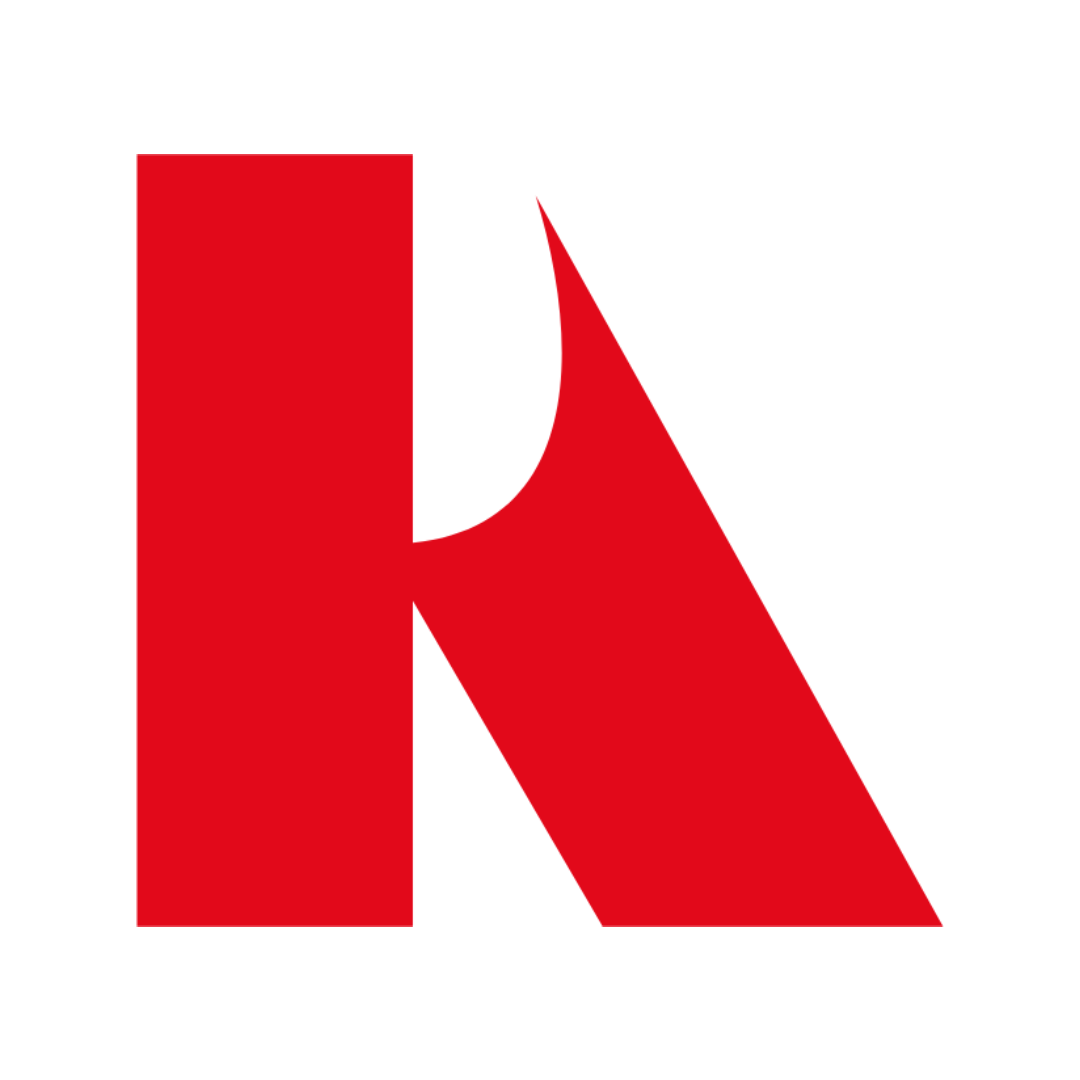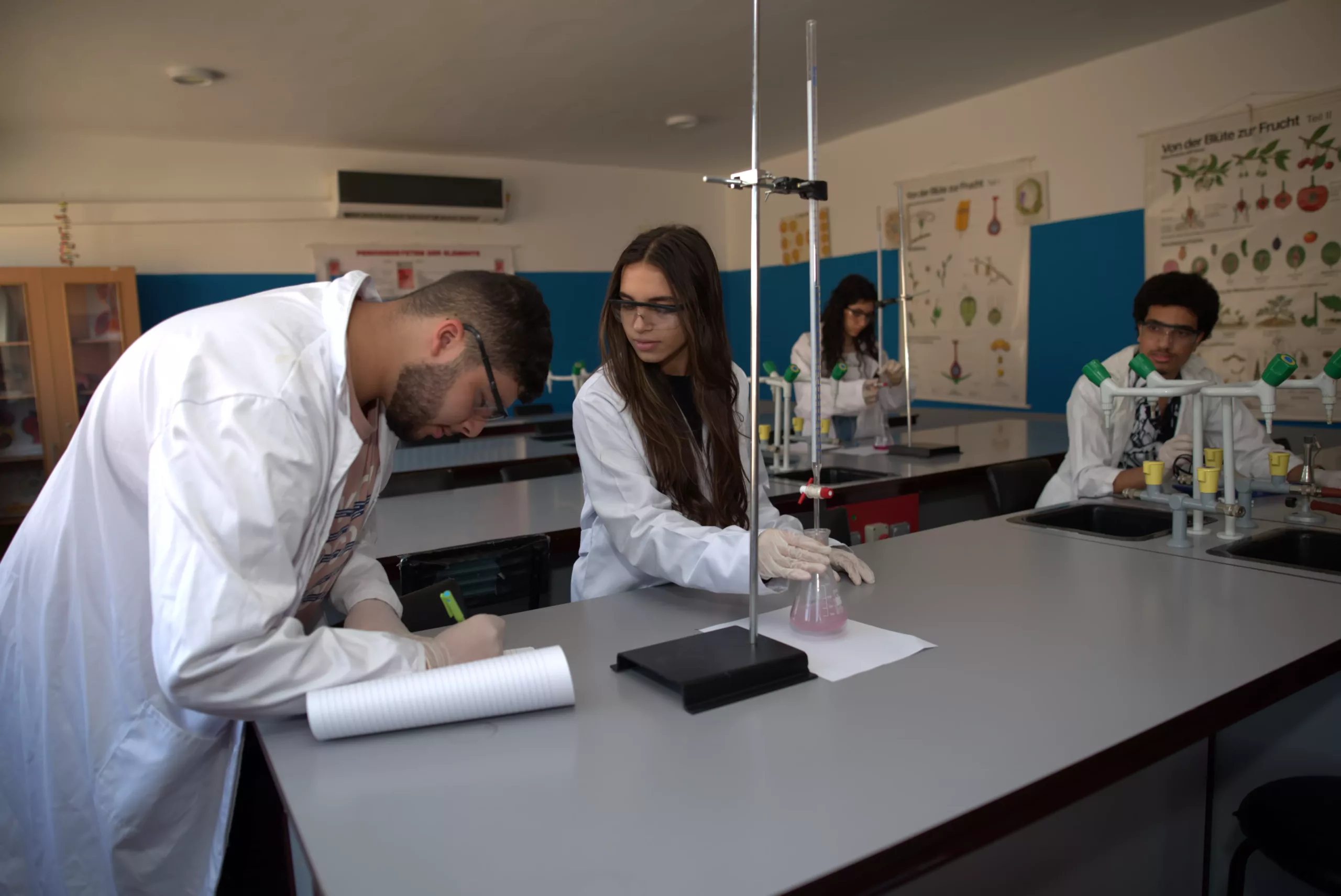
General information
Our secondary school and the transition to IB
General information
Currently, about 80 students from grades 7 to 10 attend the secondary school. Starting from the elementary school, we work according to the Brandenburg curriculum. In addition, the Egyptian students learn according to the Egyptian curriculum. The non-Egyptian students are given additional opportunities to learn the Arabic language. Our grades are currently Single-group classes with a class size of up to 21 students. We generally work with the co-class teacher: this allows the students to build a relationship of trust with two teachers.
Trilingualism and language development
In secondary school, the principle of trilingualism is continued, which is established in elementary school. Multilingualism enables special access to linguistic and cultural diversity; thus, many opportunities arise in the professional and private spheres. In addition, multilingualism usually has a supportive effect on the cognitive development of the students.
The students receive up to five hours of German and two hours of DaF instruction per week. In addition, the subjects mathematics, chemistry, physics, biology, music, history and geography are taught in German. Starting this year, the DSD I language diploma will also be introduced at the school, which determines students' proficiency in German at the B1 level. Exams for the B2 and C1 levels will continue to be tested with an exam at the Goethe Institute. In addition, we work with students from the University of Potsdam who offer DaF support for weaker students.
Arabic is taught as a four-hour course. The subjects of the Egyptian curriculum (Coptic or Muslim religion and Civis) are also offered in Arabic. In addition, English is taught up to five times a week and art and physical education are also taught in English. French is continued in secondary school and is completed with the DELF certificate.
Central class work grade 10 ?
Music - artistic profile ?
Interculturality and guiding students to become cosmopolitan people.
In order to accompany the students to become cosmopolitan people, there are hiking days and class trips, celebration of holidays, student exchanges and projects with other students of the world in the secondary school. In addition, they can actively participate in school life through the Student Council (SMV).
On the twice-yearly hiking days, the students, together with their class leaders, choose a suitable place where they can learn new things about Egypt and their society.
For example, trips to the museum or to social institutions such as Dialogue in the Dark or APE in the so-called "garbage city" take place, where the students learn about the experiences of socially disadvantaged people. In trips outside Cairo, for example, students experience the ecological effects of climate change while fishing in Ain Sokhna.
In grades 8 and 10, longer class trips also take place, during which students strengthen their class community and gain new experiences.
Especially the annual student exchange with the partner school of Rahn Education in Leipzig, where the students live for about 10 days in host families of the respective country, gives the students a deep insight into German culture and allows them to look beyond their own country and culture. In projects with the Neuzelle Abbey, also part of Rahn Education, there is increasing cooperation, especially in the subject of art. Here, the students create joint works of art.
In Goethe-Institut projects such as the PASCH Choir, students get to know other people from Germany and Lithuania through music. In the Goethe-Institut's "Borderless" project, they introduce their own culture to other students.
The mentoring to become open global citizens already in secondary school prepares them for the requirements in the IB, which also focus on CAS (Creativity, Activity, Service).
Further training and competence enhancement of teachers
Our teachers receive regular training in order to meet the requirements of the Brandenburg/Egyptian curriculum and to make learning an active process that is differentiated for all. The students are not only motivated to learn the material in the various subjects according to their abilities, but are also guided to become responsible individuals who can approach new and sometimes unknown tasks on their own. The possibility of co-designing and self-designing is clearly promoted in the secondary school in order to be able to control one's own learning process with self-confidence. In this way, our students acquire an important prerequisite for lifelong learning. To this end, they learn the necessary skills in the classroom through methodological diversity and project work.
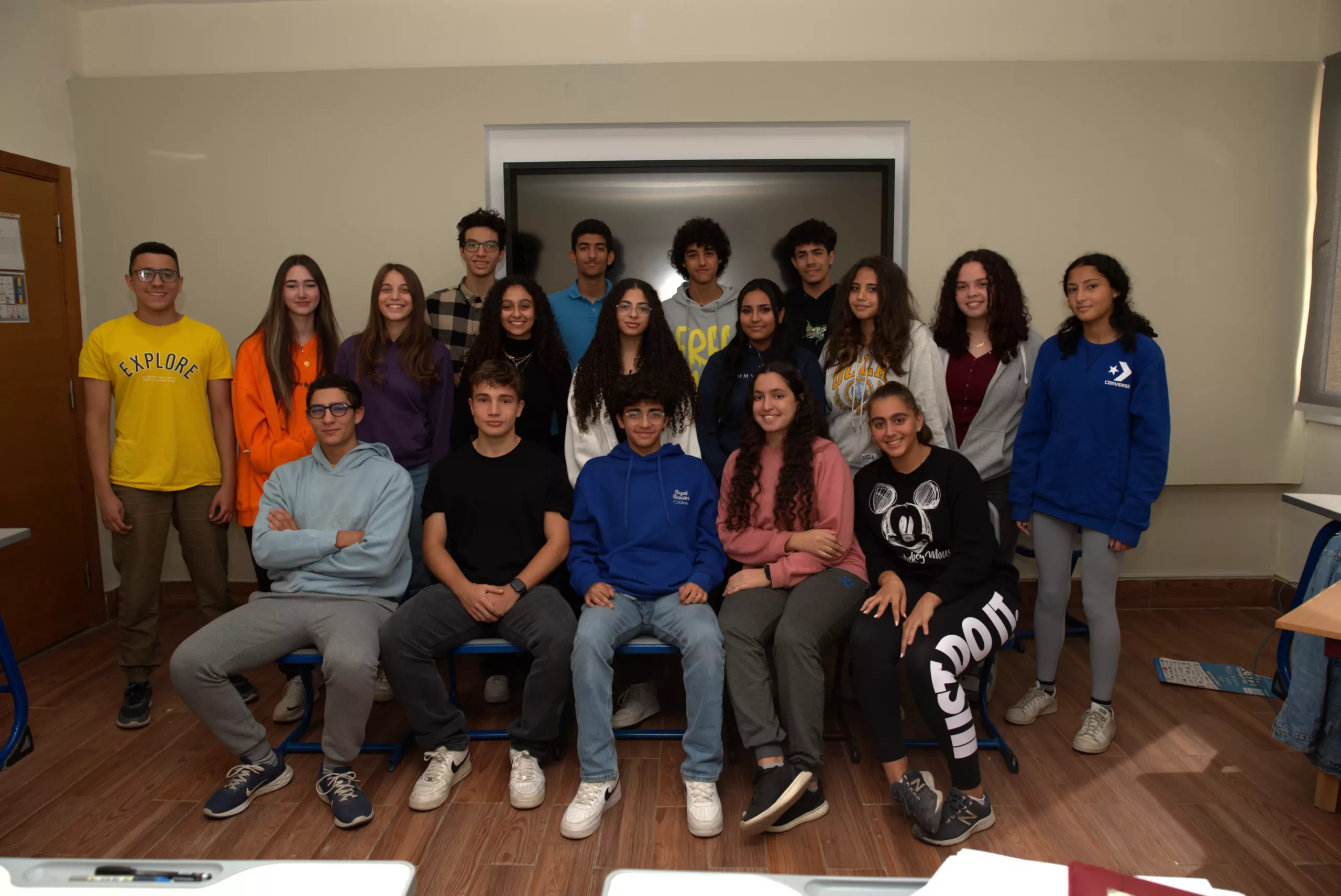
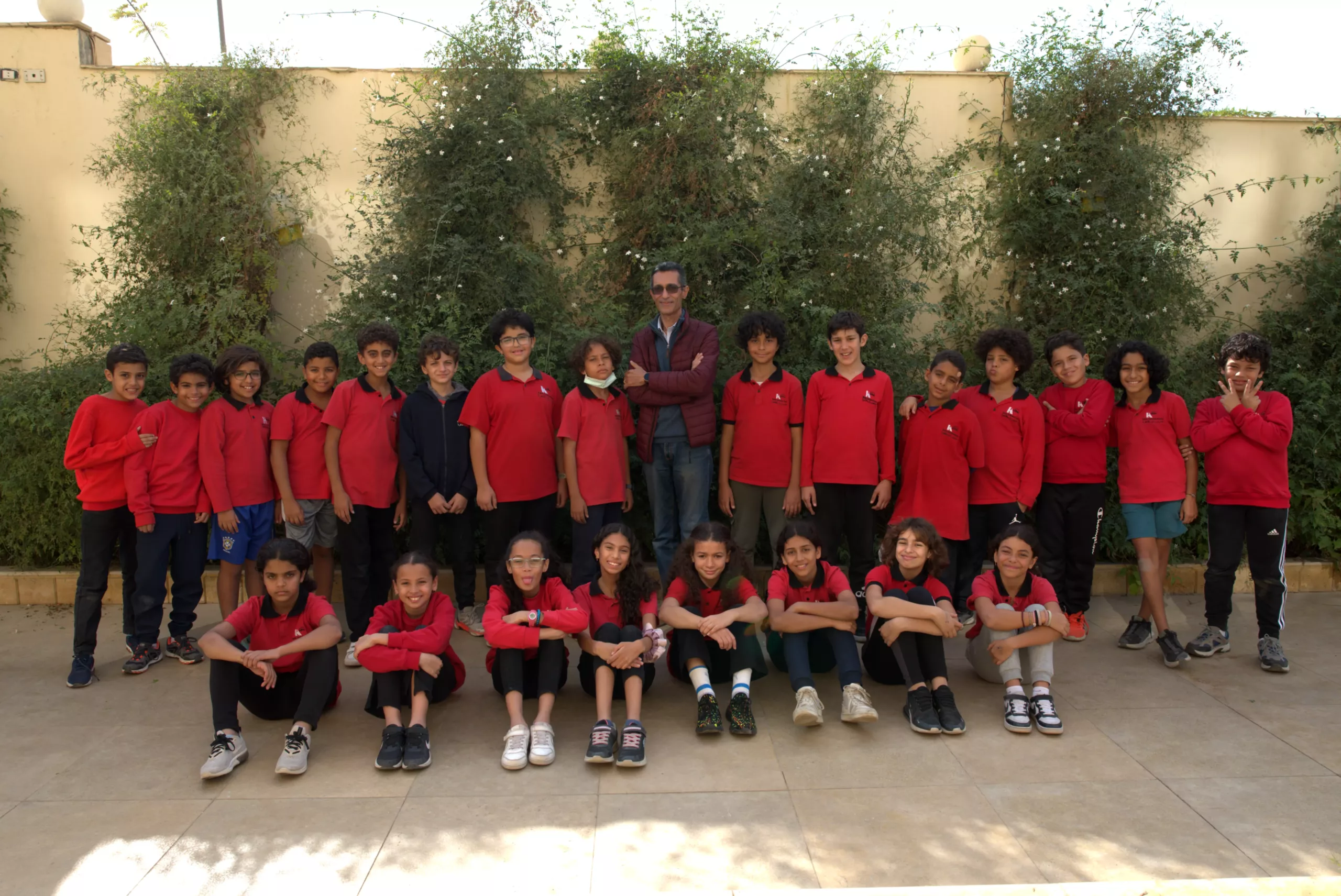
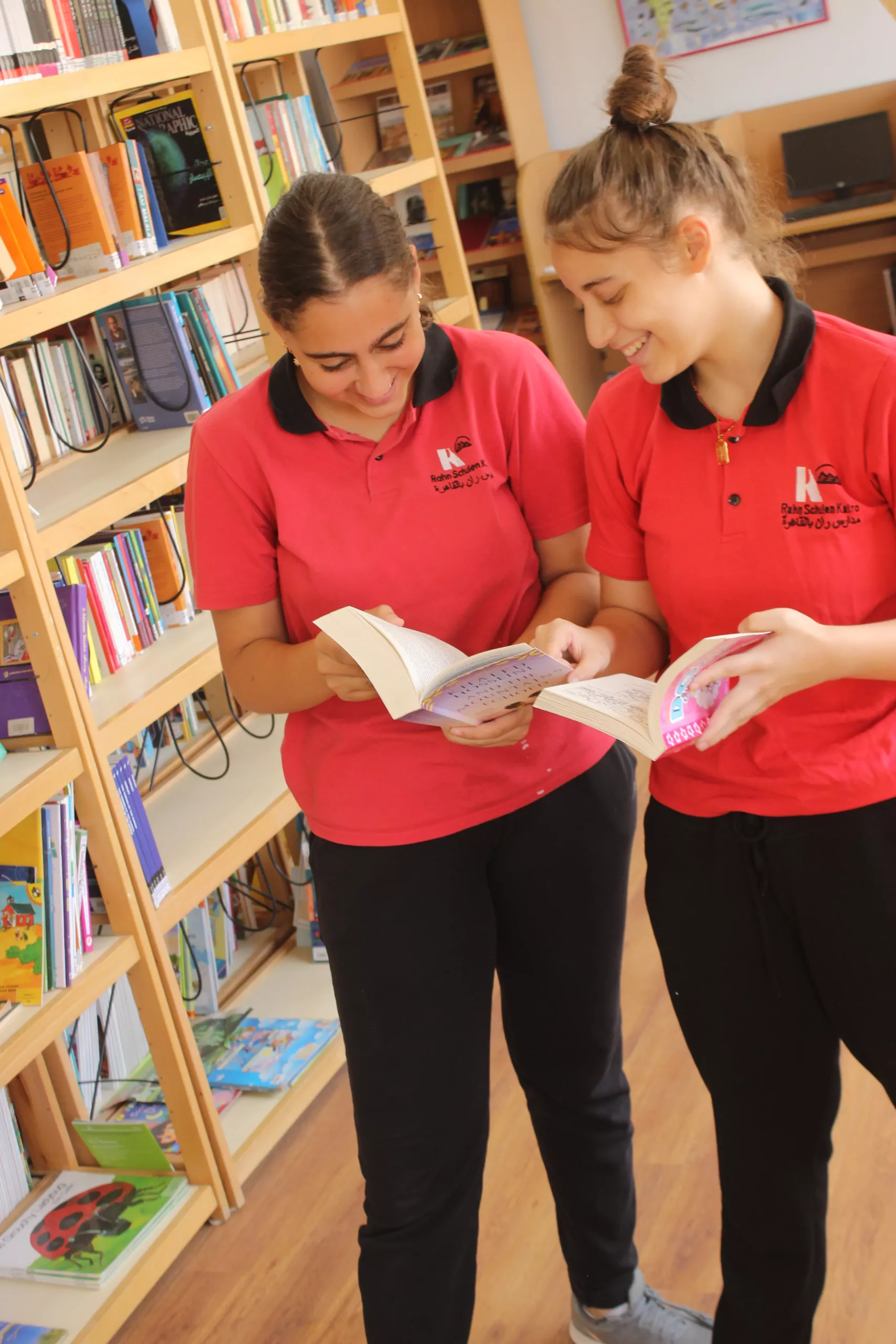
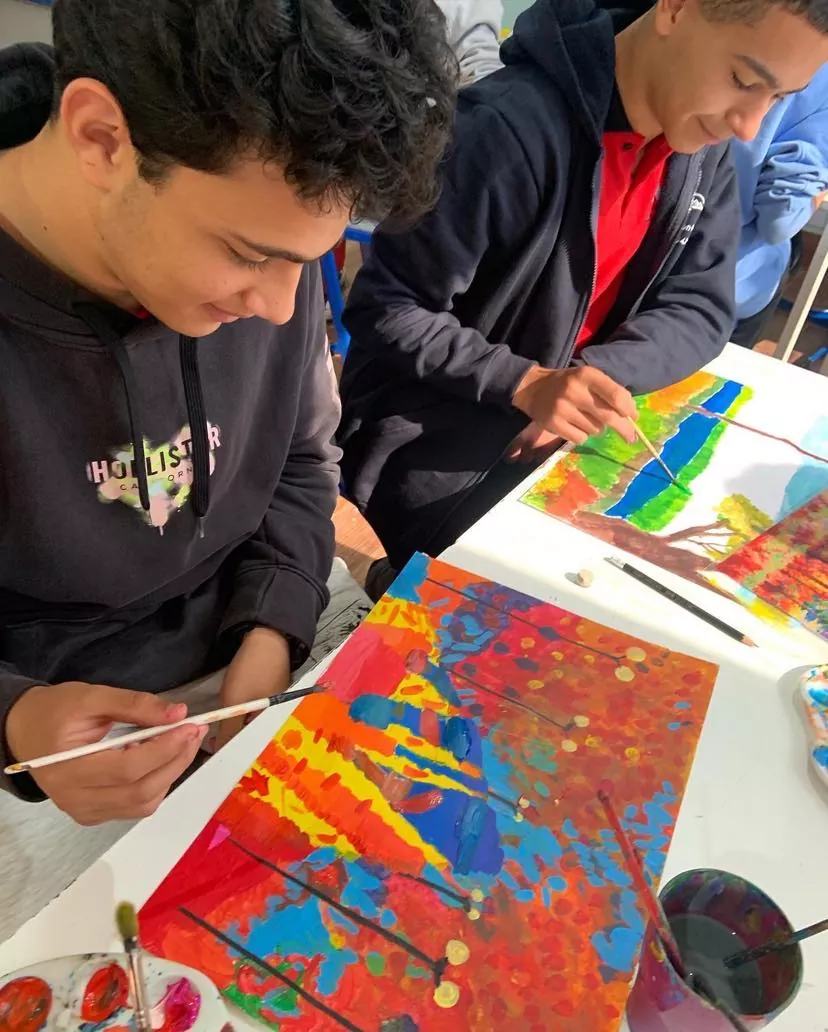
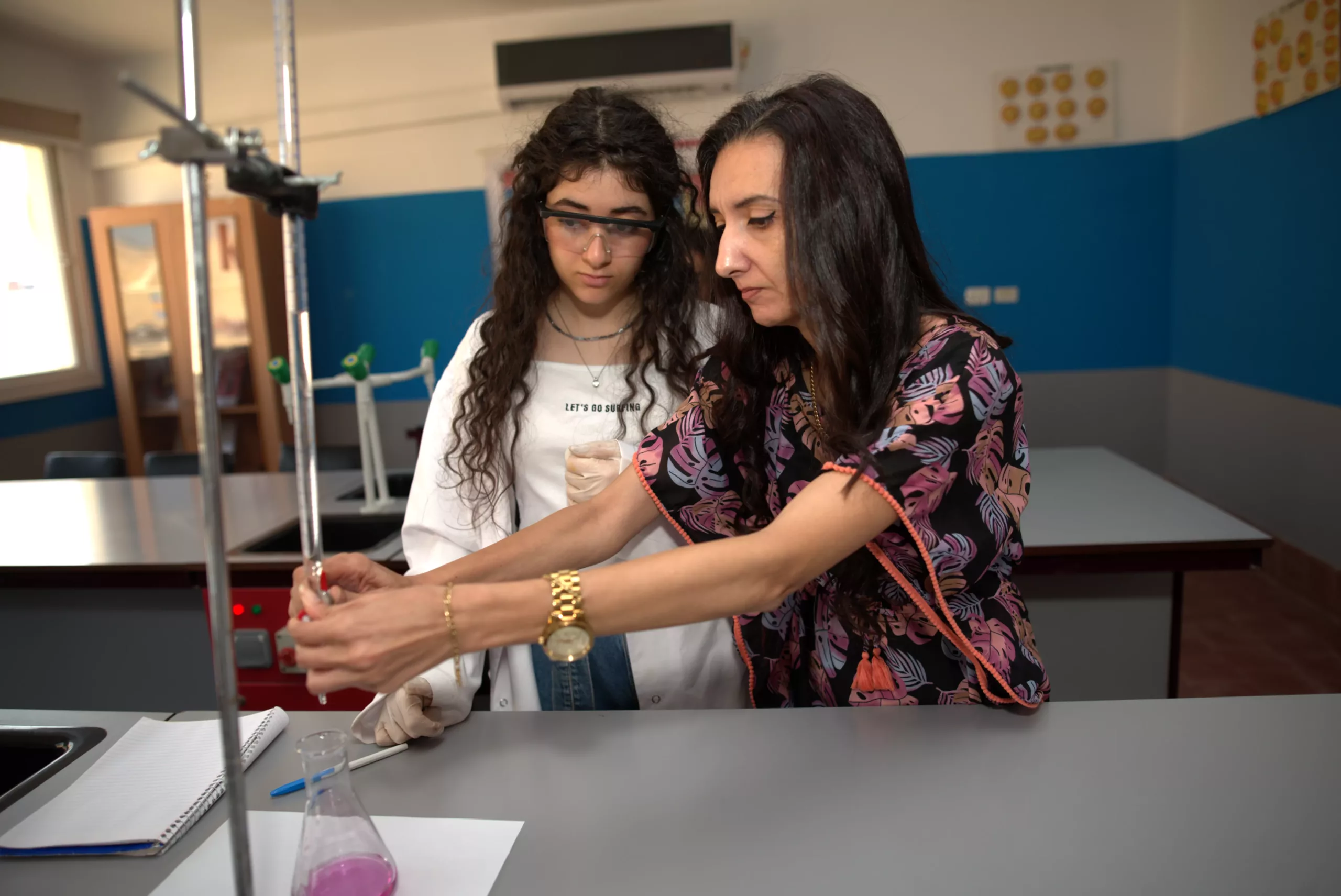
Our secondary school services at a glance
The mentoring to become open global citizens already in secondary school prepares them for the requirements in the IB, which also focus on CAS (Creativity, Activity, Service).
Further training and competence enhancement of teachers
Our teachers receive regular training in order to meet the requirements of the Brandenburg/Egyptian curriculum and to make learning an active process that is differentiated for all. The students are not only motivated to learn the material in the various subjects according to their abilities, but are also guided to become responsible individuals who can approach new and sometimes unknown tasks on their own. The possibility of co-designing and self-designing is clearly promoted in the secondary school in order to be able to control one's own learning process with self-confidence. In this way, our students acquire an important prerequisite for lifelong learning. To this end, they learn the necessary skills in the classroom through methodological diversity and project work.
Our secondary school services at a glance
- Single-group classes with a maximum of 21 students
- Continuation of trilingualism with the addition of French
- An own school library with numerous books and board games
- Modern rooms and media education (Smartboard classes as well as the use of various digital teaching and learning programs)
- Modern teaching methods as well as regular advanced and further training of our motivated and committed staff in cooperation with our other Rahn Education locations
- Guaranteed instruction from 7:30 a.m. to 2:30 p.m. (with school starting at 7:10 a.m. as well as daily breakfast together in class)
- A spacious outdoor area with a meadow and numerous opportunities for play and exercise
- A distinctive celebration culture with various colorful festivals and events
- Hiking days, class trips and student exchanges
- The opportunity for parents to participate in the school's Parents' Advisory Council as well as in the design and implementation of our festivals and celebrations.
- Voluntary German courses for parents as well as other parent training opportunities
The secondary school schedule
|
Subjects |
Grade level |
|||
|
7 |
8 |
9 |
10 |
|
|
Hours per week |
||||
|
Arabic |
4 |
4 |
5 |
4 |
|
Biology |
2 |
2 |
2 |
2 |
|
Chemistry |
2 |
2 |
2 |
2 |
|
Civics |
2 |
2 |
3 |
2 |
|
German |
5 |
4 |
4 |
4 |
|
DaF |
2 |
2 |
2 |
2 |
|
English |
4 |
4 |
5 |
4 |
|
French |
3 |
4 |
3 |
3 |
|
Geography |
1 |
1 |
1 |
2 |
|
History |
2 |
2 |
2 |
2 |
|
Art |
2 |
2 |
1 |
2 |
|
Mathematics |
4 |
4 |
4 |
4 |
|
Music |
2 |
2 |
1 |
2 |
|
Physics |
2 |
2 |
2 |
2 |
|
Religion |
1 |
1 |
2 |
1 |
|
Sports |
2 |
2 |
1 |
2 |
The promise to your children is
THAT SCHOOL CAN BE
MORE THAN JUST LEARNING

